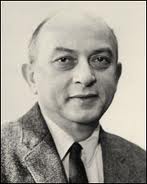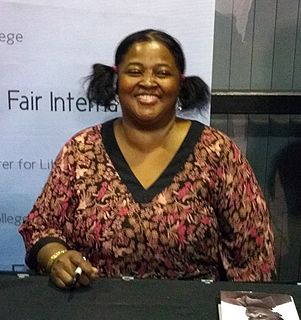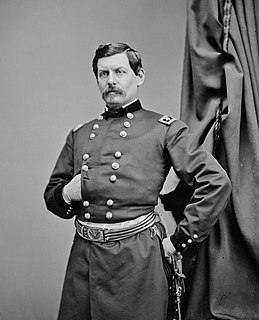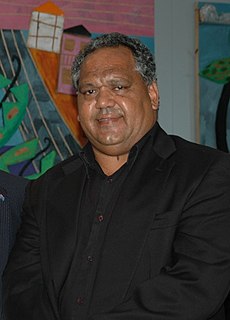A Quote by Solomon Asch
That reasonably intelligent and well-meaning young people are willing to call white black is a matter of concern. It raises questions about our ways of education and about the values that guide our conduct.
Related Quotes
My definition of good is that you understand that this is a question of power. That you be willing to give up some power. That you be willing to give up some resources. That you be willing to pay Black people reparations for our years and years of service in this country. That you be willing to go home and tell your white mother and father about white racism and how it affects and kills Black people in our communities. That's my definition of good white people, and I haven't met any like that.
I believe we can keep the promise of our founders, the idea that if you're willing to work hard, it doesn't matter who you are or where you come from or what you look like or who you love. It doesn't matter whether you're black or white or Hispanic or Asian or Native American or young or old or rich or poor, able, disabled, gay or straight, you can make it here in America if you're willing to try.
Remember, we're talking [in The Black Power Mixtape] about 1967, the year before [Martin Luther] King's assassination. We're talking about the emergence of black power, which is a discussion King mentioned in his last book, Where Do We Go from Here: Chaos or Community? We're talking about the meaning of black power and the possibility that it alienated our supporters, both white and black.
Jesus refers to the poor over and over again. There are 2,000 verses of Scripture that call upon us to respond to the needs of the poor. And yet, I find that when Christians talked about values in this last election that was not on the agenda, that was not a concern. If you were to get the voter guide of the Christian Coalition, that does not rate. They talk more about tax cuts for people who are wealthy than they do about helping poor people who are in desperate straits.
Nature is a hanging judge," goes an old saying. Many tragedies come from our physical and cognitive makeup. Our bodies are extraordinarily improbable arrangements of matter, with many ways for things to go wrong and only a few ways for things to go right. We are certain to die, and smart enough to know it. Our minds are adapted to a world that no longer exists, prone to misunderstandings correctable only by arduous education, and condemned to perplexity about the deepest questions we can ascertain.
If you don't put the spiritual and religious dimension into our political conversation, you won't be asking the really big and important question. If you don't bring in values and religion, you'll be asking superficial questions. What is life all about? What is our relationship to God? These are the important questions. What is our obligation to one another and community? If we don't ask those questions, the residual questions that we're asking aren't as interesting.
The national parklands have a major role in providing superlative opportunities for outdoor recreation, but they have other people serving values. They can provide an experience in conservation education for the young people of the country; they can enrich our literary and artistic consciousness; they can help create social values; contribute to our civic consciousness; remind us of our debt to the land of our fathers.
It is time to ask: are we Aborigines a serious people? … Do we have the seriousness necessary to maintain our languages, traditions and knowledge? … The truth is that I am prone to bouts of doubt and sadness around these questions. But I have hope. Our hope is dependent upon education. Our hope depends on how serious we become about the education of our people.





































